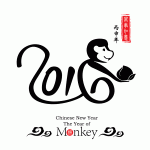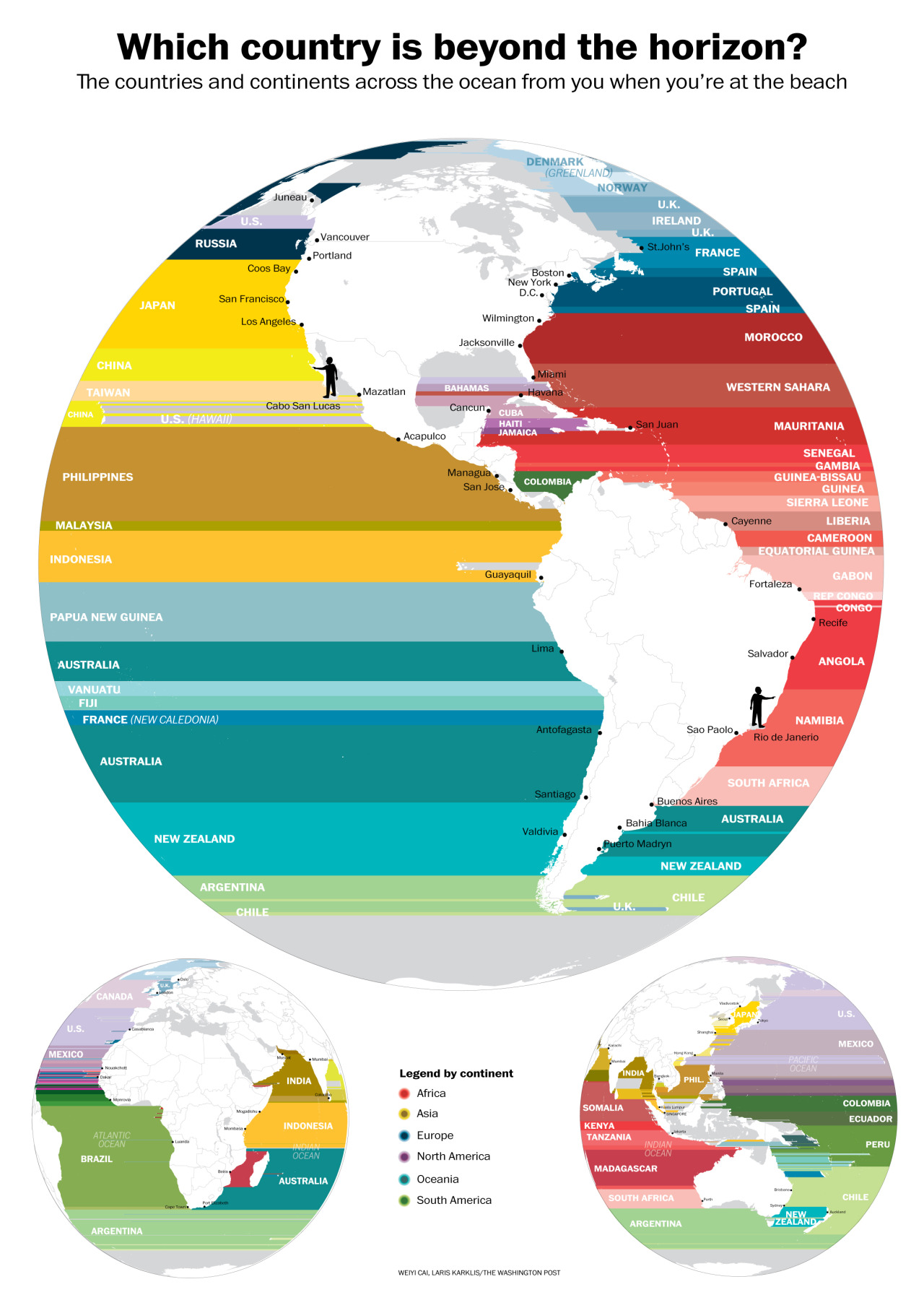I grew up in a society where love for other people, gender-unspecific, was accepted, even desirable. Strong bonds between adults were simply tolerated, allowed, and sought after.
I now live in a culture where such strong bonds are only allowed between family members, more or less extended. That makes for a totally different life. It creates a closed-circle thinking, and the opposite of a free and open community, where members would be allowed to share emotions across conceptual ties.
I miss having the chance to explore freely other thought worlds, ideas, cultures. I feel a bit robbed actually.


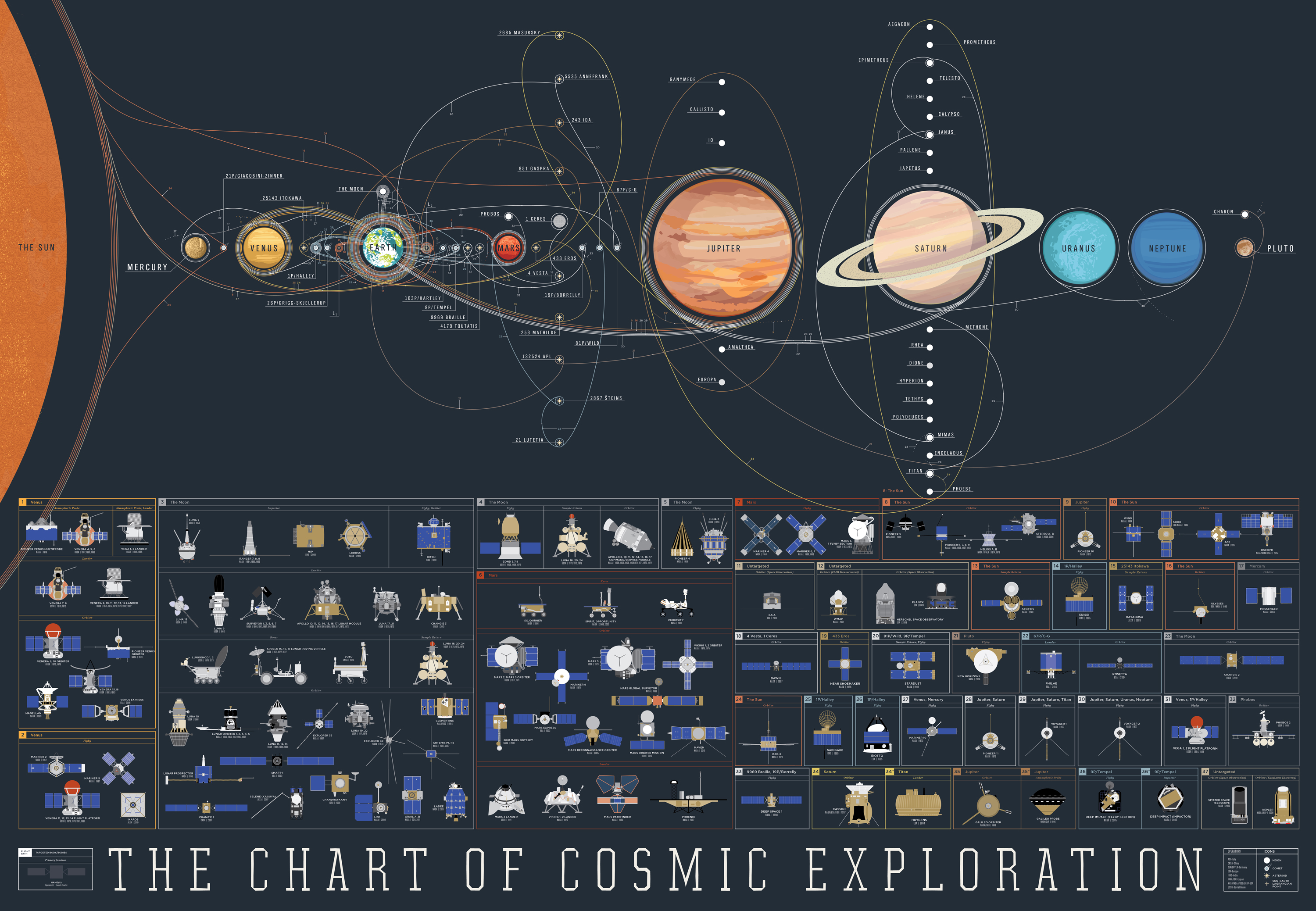


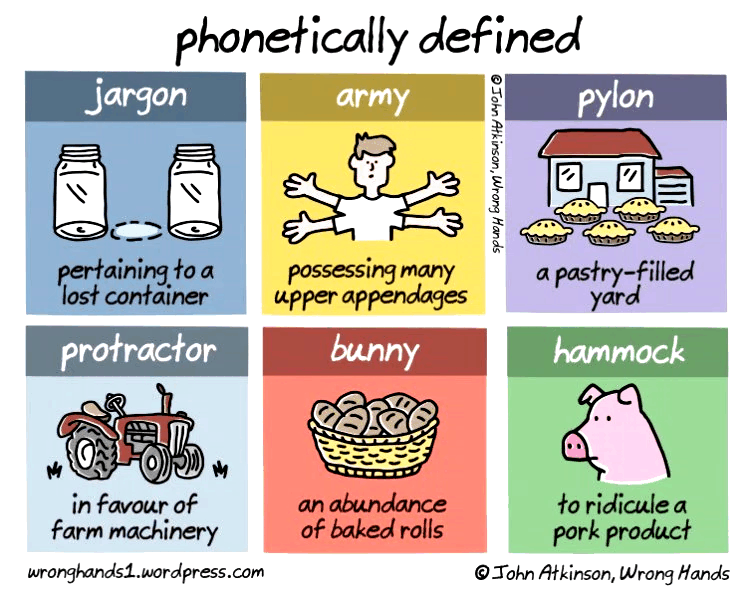
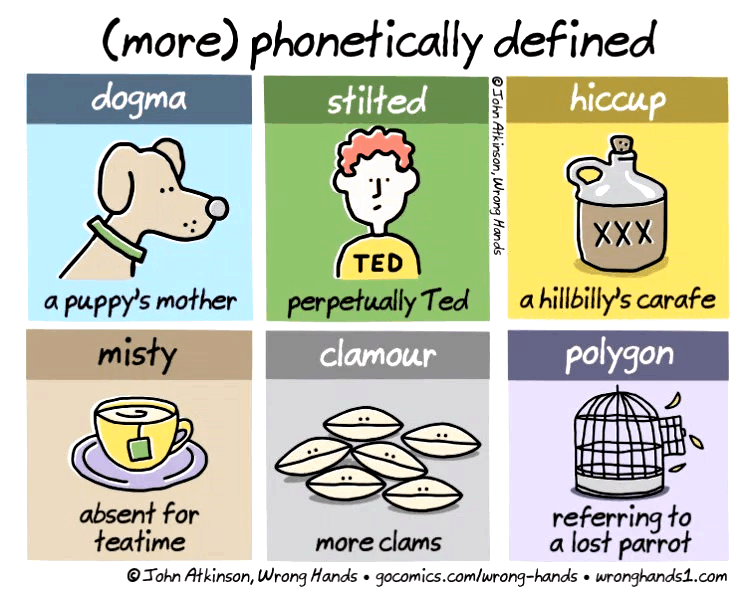
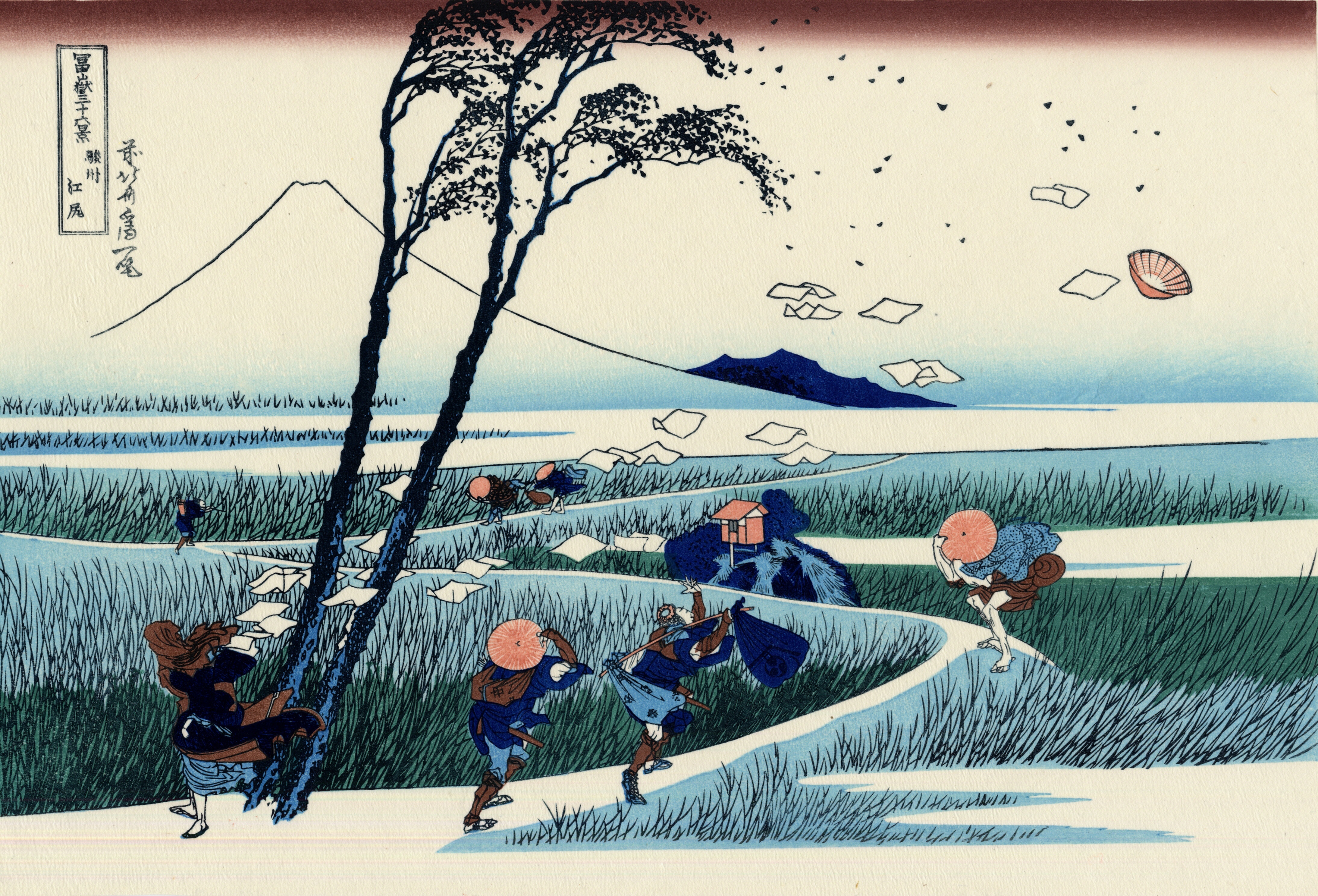 Ejiri in the Suruga province
Ejiri in the Suruga province